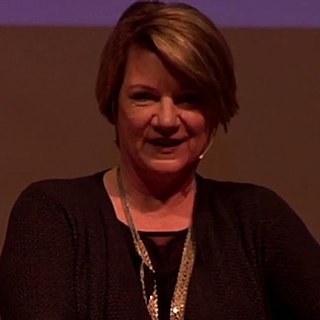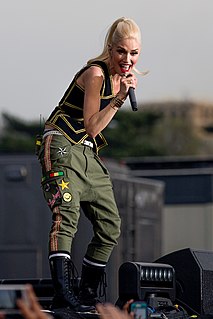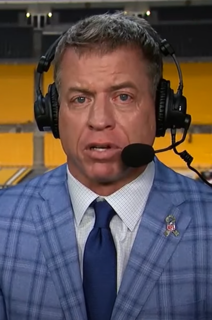A Quote by Jonathan Safran Foer
Writing's funny, it's like walking down a hall in the dark looking for the light switch, and suddenly you find it, flip it on, and then you discover the hallway you passed through is papered with the novel you've written.
Related Quotes
Perhaps I could best describe my experience of doing mathematics in terms of entering a dark mansion. You go into the first room and it's dark, completely dark. You stumble around, bumping into the furniture. Gradually, you learn where each piece of furniture is. And finally, after six months or so, you find the light switch and turn it on. Suddenly, it's all illuminated and you can see exactly where you were. Then you enter the next dark room.
After my first novel, my mother said to me, 'Why don't you make your writing more funny? You're so funny in person.' Because my first novel was rather dark. And I don't know, but something about what she said was true. 'Yes, why don't I?' Maybe I was afraid to be funny in the writing. But since then, seven books later, almost everything I've done has a comedic edge to it.
If I'm writing a novel, I'll probably get up in the morning, do email, perhaps blog, deal with emergencies, and then be off novel-writing around 1.00pm and stop around 6.00pm. And I'll be writing in longhand, a safe distance from my computer. If I'm not writing a novel, there is no schedule, and scripts and introductions and whatnot can find themselves being written at any time and on anything.
The first thing I did when I got inside was turn on the kitchen light. Then I moved to the table, putting my dad's iPod on the speaker dock, and a Bob Dylan song came on, the notes familiar. I went into the living room, hitting the switch there, then down the hallway to my room, where I did the same. It was amazing what a little noise and brightness could do to a house and a life, how much the smallest bit of each could change everything. After all these years of just passing through, I was beginning to finally feel at home.
I think that the way that I write stories is by instinct. You have some basic ideas - a character, or an image, or a situation that sounds compelling - and then you just feel your way around until you find the edges of your story. It's like going into a dark room... you stumble around until you find the walls and then inch your way to the light switch.
At the beginning of the project, I wasn't certain that I could come up with an engaging storyline and cast of characters in this world, so I had a strong bias toward actually writing, and worrying about research later. In other words, I was afraid that I'd devote a year or two of my life to grinding through Kant and Husserl, then discover that there simply was no novel to be written here.




































